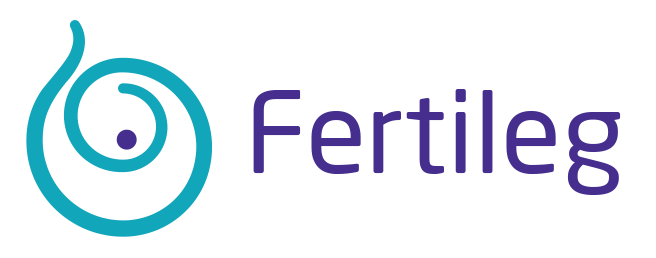The desire to be a mother is something that many women show since childhood. Games, fantasies and illusions that, as the years go by and the woman goes through the different stages of her life, become a firm desire to achieve her pregnancy and form her own family.
The dream of becoming a mother does not understand trends or sexuality. It does not understand family models, whether they are heterosexual couples, couples formed by two women seeking to share motherhood or, as is the case today, those women who seek to become pregnant without a partner.
Generally, these are women who are in their personal prime, with the determination to fulfill their goal of becoming a mother and with sufficient financial independence to cope with the process and their new family life.
Furthermore, we must say that these are women who do not necessarily have any problems related to their fertility, or at least none different from those that other women of their age might have; they simply need to resort to assisted reproduction clinics to undergo treatment with donor sperm in order to achieve pregnancy.
Single motherhood is a booming family model in Panama. Many women consult us and show us their doubts about it. Below, we answer the main questions about single motherhood.
What are the treatments that can help me achieve pregnancy?
In this case, as in the case of heterosexual couples who resort to Reproductive Medicine to achieve pregnancy, the main treatments are Artificial Insemination (AI) and In Vitro Fertilization (IVF), except that in both cases a sperm sample from a donor will be necessary to fertilize the patient’s eggs.
In order to know which will be the most appropriate treatment, as well as to be able to rule out that the patient suffers from any problem related to her fertility that may compromise her pregnancy options, it will be necessary to perform a basic study of the state of her reproductive health, including her ovarian reserve, and an ultrasound, which will allow us to determine which will be the most appropriate treatment for each patient.
Artificial Insemination is a less complex treatment than In Vitro Fertilization. For this, once the donor’s sperm sample is selected and trained by our specialists, it is transferred through a cannula into the uterus of the patient waiting for the egg to fertilize. To do this, we must first confirm the anatomical integrity of the woman and above all her possibilities with the technique.
In Vitro Fertilization, on the other hand, consists of the fertilization in our laboratories of the eggs that we previously extract from the patient with the donor’s sperm sample and that will give rise to the embryos.
Once the embryos have reached the appropriate development, usually on their 5th day at the blastocyst stage, they are selected by our embryologists and transferred to the patient.
How are sperm donors selected?
At The Fertile Group, all of our donors, whether they are sperm donors or egg donors for egg donation treatments, must pass a series of psychological, genetic and immunological tests in order to be eligible for our donation program. All the results for diseases that can be transmitted must be negative. This is the only way we can guarantee maximum safety and the best results for our patients.
We are aware of the great responsibility that implies the trust placed in our team of specialists, which is why these tests are an absolutely essential requirement.
Up to what age can I become a mother?
Delaying motherhood is becoming more and more frequent nowadays and women who decide to become pregnant without a partner are no exception. In fact, it is common that when they reach a certain age without having a stable partner, their desire to start a family prevails and they decide to seek pregnancy.
As we have mentioned on other occasions, after the age of 40 it is very difficult for a woman to achieve pregnancy naturally, and also, age implies that it can be considered a risky pregnancy for both the mother and the baby.
In this sense, it is true that, thanks to assisted reproduction techniques, motherhood after the age of 40 is totally possible, including the selection of those embryos that are healthy and free of genetic anomalies so that the pregnancy can develop properly.
However, there is a generalized age limit among assisted reproduction clinics, so that after the age of 50 it is not recommended to perform treatments in order to preserve the health of both the woman and the future baby and to avoid the possible risks for both that can result from pregnancies at advanced ages.
Am I ready to be a single mother?
The answer to this question is very personal. We understand that, despite the decision to become a mother, when the time comes you may have doubts and fears about the treatment itself or about whether you will be able to cope with your new life.
We often tell our patients that the decision to become a mother without a partner is not being a mother alone. Family, friends, co-workers… we are sure that for many of you, your whole environment will be your biggest support and your best family.
In addition, in The Fertile Group we have specialized professionals who will accompany you in all stages, from before treatment until after giving birth, and will explain everything you need at all times, will listen to you whenever you have a question and will always be available to you to be your best company.
For any information you can contact The Fertile Group at:
info@fertileg.com
+507 382 14 00/01




